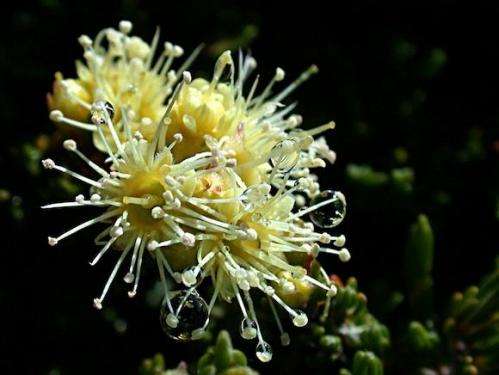Survival of wildlife species depends on its neighbour's genes

(萌妹社区) 鈥擱esearchers at the University of Melbourne have collected critical insights into wildlife species' survival that could help future conservation efforts globally.
Lead author Professor Ary Hoffmann from the Bio21 Institute and Department of Genetics, University of Melbourne said, "Wildlife survival is not just dependent on their own genes but in the 'gene flow' from the neighbouring species' gene pool as well."
Published this week in the journal Evolution his team reviewed 70 international studies on animal, plant and insect 'gene flow' dynamics across a range of landscapes.
"As climate change and human land use alters the environments of many plants and animals, the adaptive capacity and evolution of a species depends on mating with neighbours who have the right gene variations (gene flow) needed for survival in the altered climatic conditions," he said.
"The key will be preserving 'gene flow' connections across a range of species and landscapes allowing new ones to provide the best chance for natural system to adapt to our rapidly changing world."
One of the studies assessed gene flow in Victorian Alpine grasses and flowering plants .The data suggested high elevation grasses shared genes with lower altitude ones but the gene flow in alpine flowering plants was random which compromises future species survival as climatic conditions change.
Researchers believe not just climate change but human land use such as farms and industries have isolated some animals and plant populations and have changed the available gene pools to mate with.
"As a solution, well-linked wildlife landscape corridors are important for gene flow but it still also depends on what genetic varieties are present."
This review paper shows us that gene flow needs to be considered in conservation management if wildlife species around the world are to survive.
Journal information: Evolution
Provided by University of Melbourne


















